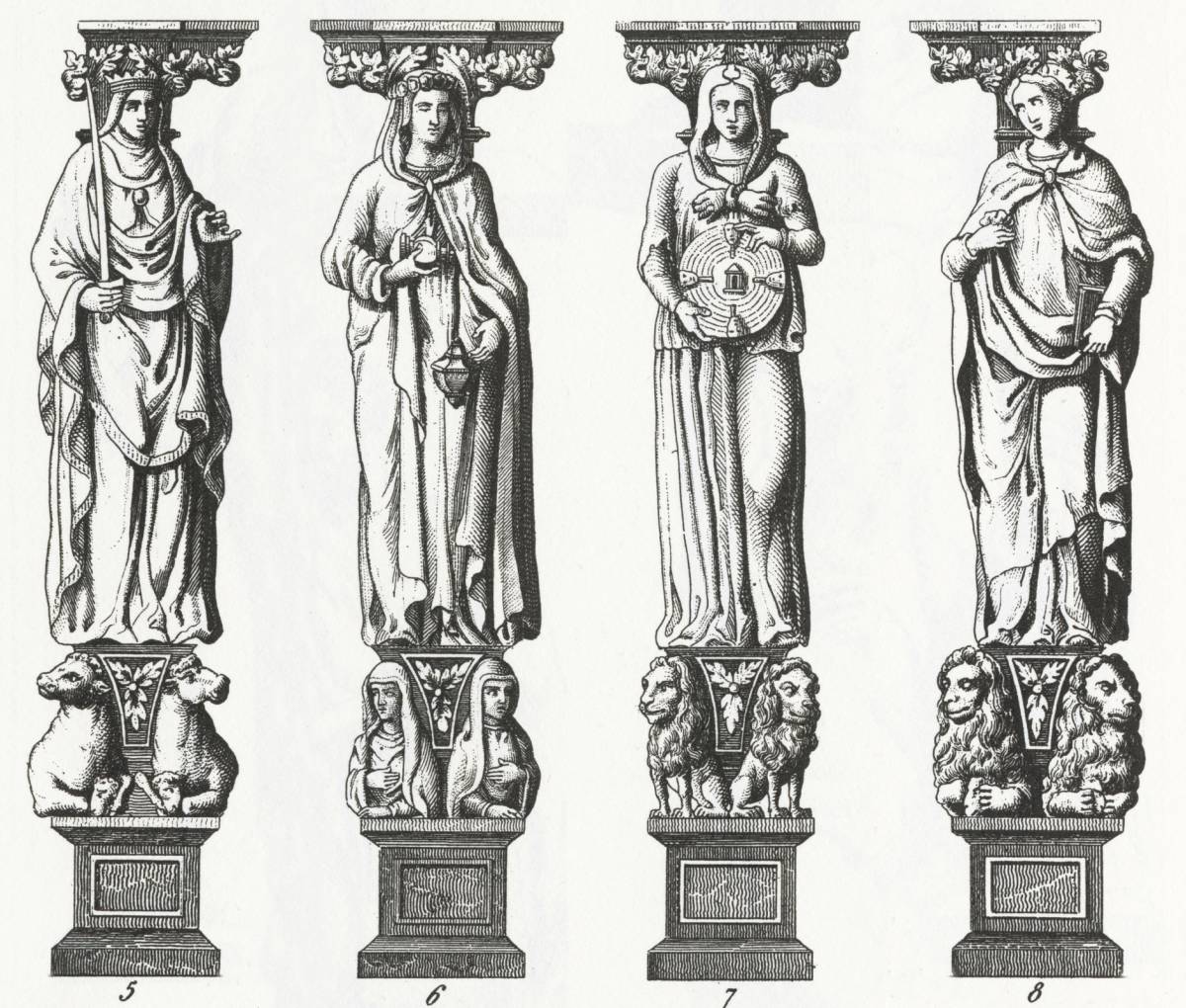In this age of relativism, talk about virtues generally meets with anything from a dismissive titter of laughter to an insulting sneer of derision from those who deny a religious worldview. It was not that long ago in human history that the value of learning and practicing the cardinal virtues of prudence, justice, fortitude (courage), and temperance was thought to be of central importance to a life well-lived. To see what happens when the value of having and practicing the virtues has been abandoned, one must look at the daily news headlines. Lent is a good time for us to meditate on these virtues and where we are in their practice in our own lives.

The first step away from God is a distaste for learning and a lack of appetite for those things for which the soul hungers when it seeks God. What are the distractions that take us to such a point? Among the distractions that take us away from learning anything, and especially learning about God, is laziness. Learning is hard work. It makes demands on us of time and energy and requires the efforts of difficult thought. Translating what we come to know into practice in our daily lives is even harder; it is where the rubber meets the road, so to speak. The greatest distraction of all is our propensity toward pride. We live in a prideful age, an age of the self that believes and acts as if the individual self knows everything and that all others must bend to its ‘wisdoms’ and demands. It will not bend itself to any other wisdom. It claims absolute authority over itself. This tendency exists both at the individual level and at the level of identity groups, political parties, and even nations. This is the madness from which all sin, division, and destruction arise.
What are the things the soul naturally “hungers for”? We are made for and naturally seek that which is good, true, and beautiful. These are the things we ‘hunger’ for even now. We come into the world with the natural instinct for these things, but they need to be learned, and not just learned, but practiced, for these things can be distorted. Their opposites, evil, lies, and ugliness, can be rationalized to the point of “appearing” to be good, true, or beautiful. This is why, as people who want to be true followers of Christ, we must learn and practice the virtues of prudence and temperance, that is, the abilities to discern what is REALLY right and wrong in any given situation (prudence), and the habit of self-control, that is, how to moderate our desires and emotions in a balanced way (temperance). It is these habits that protect us from the manifold temptations to sin that present themselves to us ‘dressed in sheep’s clothing.’

There are 48 scriptural passages throughout the entirety of the Bible that refer to the virtue of prudence. For example, Prov. 27:12, “The prudent sees danger and hides himself but the simple go on and suffer for it.”; Prov. 8:12, “I, wisdom, dwell with prudence, and I find knowledge and discretion.” 1 Peter 4:7, “The end of all things is at hand; therefore be self-controlled and sober-minded for the sake of your prayers.” 1 Thess. 5:21, “But test everything; hold fast to what is good.” And among these is the parable of the ten virgins in Mt. 25:1-15, “Then the kingdom of heaven will be like ten virgins who took their lamps and went to meet the bridegroom. Five of them were foolish, and five were wise. For when the foolish took their lamps, they took no oil with them, but the wise took flasks of oil with their lamps.” The prudent, or wise virgins, had lamp oil to use when the Bridegroom finally came; the others did not. Which of these will we be when Christ returns on the Last Day?
Temperance is referred to in several passages as well. For example: Gal. 5:23, “Gentleness, self-control; against these things there is no law.”; Paul tells us in 1 Cor. 9: 25, “Every athlete (read ‘disciple’) exercises self-control in all things…” In verse 27, he tells us how he himself practices temperance, “But I discipline my body and keep it under control, lest after preaching to others I myself should be disqualified.” 2 Peter 1:6 gives us, “…add to your faith virtue; and to virtue knowledge; and to knowledge temperance; and to temperance patience…” Titus 2:2, instructs older men to be “sober-minded, dignified, self-controlled, sound in faith, love, and endurance.” In the First Letter of John 4:1-21, we see this, “Beloved, do not believe every spirit, but test the spirits to see whether they are from God, for many false prophets have gone out into the world…”

In short, the virtue of prudence helps us know “when” to act, and the virtue of temperance helps us know “how much” to do to act rightly, especially in difficult circumstances. As Christians, it is up to each one of us to study scripture, to pray, to observe, and to reflect upon the actions of others to learn how best to decide when to act and how much we can do, or ought to do, in any given situation. We are called on to maintain control of our intellectual faculties and willpower and remain true to the wisdom and will of God. We need to develop these habits, also known as ‘virtues, ’ for if we do not, we are in danger of doing something we should not or might not want to do. In learning and practicing these virtues, among others, we are enabled to live what the philosophers call the “good life” or what we Christians would call the life of Christ. Pray. Learn. Practice. The desire to do so elicits God’s generous graces on all of our efforts. Thanks be to God!
SKM: below-content placeholderWhizzco for FHB

